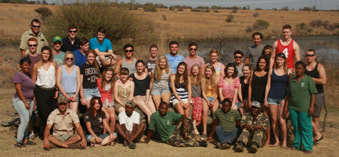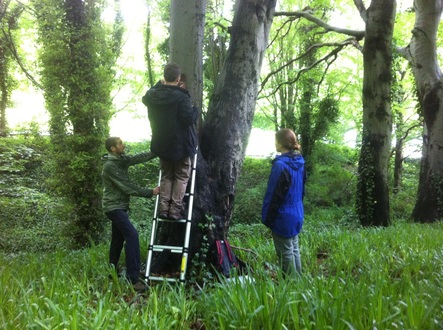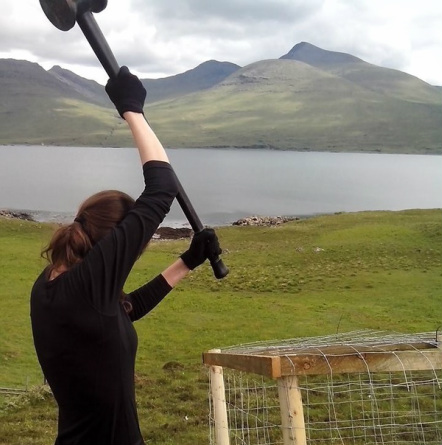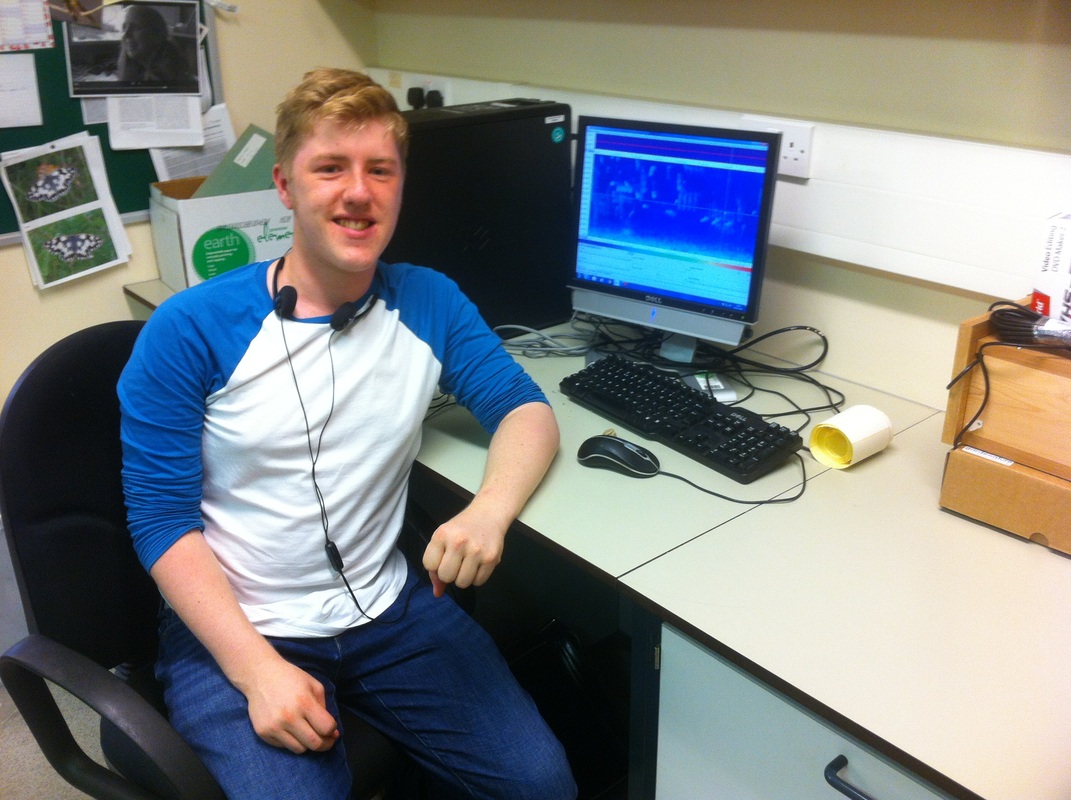Opportunities
We are always interested in collaborations with students and groups with similar interests. To find out more about current research projects check out the research page for details on specific projects. Additionally, we meet regularly with other researchers from Durham University and elsewhere at seminars within the Department of Biosciences. Information about the seminars series can be found here.
We are always interested in collaborations with students and groups with similar interests. To find out more about current research projects check out the research page for details on specific projects. Additionally, we meet regularly with other researchers from Durham University and elsewhere at seminars within the Department of Biosciences. Information about the seminars series can be found here.
Current Opportunities
PhD Studentships
Applications are open for PhD studentships, for projects starting in October 2023. Available projects include:
Postdoctoral opportunities
We are keen to hear from candidates for three Addison Wheeler Fellowships offered by the university. Addison Wheeler Fellowships are 36-month postdoctoral positions commencing on 1 October 2023. This scheme is intended to provide early career researchers of outstanding promise with an opportunity to complete a major project..
Biosciences at Durham University is ranked 3rd in the Guardian University guide 2023, and 5th in the Complete University Guide 2023. The Ecology, Evolution and Environment group explores the relationships between organisms and their changing environment, working at scales from global to sub-cellular, whilst considering also behavioural and evolutionary plasticity. The primary interests of the group are the role of evolution in shaping species relationships with their environment, the role of behaviour in modifying individual variation, and the impact of environmental change, particularly global climatic change and anthropogenic habitat alteration, on species. To inform the development of biodiversity conservation strategies resilient to climatic change (and the many other pressures causing biodiversity loss), we apply simulation models to predict the impacts of such changes on biodiversity. Statistical and mechanistic models are being developed and applied to make robust predictions of the responses of species and ecosystems to environmental change.
Prospective applicants for the Addison Wheeler Fellowships must hold a doctoral degree and have gained it since 1 September 2017. They are expected to demonstrate a strong track record of prior achievement and a high degree of preparedness to undertake a novel and ambitious programme of independent research.
To apply, you must first secure the agreement of a Durham academic department to propose your candidacy and of an academic staff member within that department to act as your mentor. Contact one of the CEG, if interested. The project undertaken during the fellowship should complement and strengthen the host department’s research activities, and aim to make ‘a significant contribution to knowledge, enabling us to make better use of our life here on Earth’, in accordance with the terms of the bequest that funds the scheme.
Addison Wheeler Fellows will be employed in the University on a non-renewable fixed-term contract and appointed at a point on the Grade 7 scale commensurate with their experience. Starting salaries will be in the range £35,333 – £42,155 p.a.
Fellows have access to additional funding to facilitate research activities such as fieldwork and conference attendance.
The fellowship scheme is administered on behalf of the university by the Institute of Advanced Study. For further details, please consult the ‘Further Particulars' and accompanying documentation at: https://www.durham.ac.uk/research/institutes-and-centres/advanced-study/fellowships-funding/addison-wheeler-fellowship/.
PhD Studentships
Applications are open for PhD studentships, for projects starting in October 2023. Available projects include:
- Occupancy, density and the ecology of terrestrial British mammals (Lead supervisor, Phil Stephens). Deadline 6th January 2023.
- Citizen science and the ecology of garden birds and mammals (Co-supervisor, Phil Stephens). Deadline 6th January 2023.
Postdoctoral opportunities
We are keen to hear from candidates for three Addison Wheeler Fellowships offered by the university. Addison Wheeler Fellowships are 36-month postdoctoral positions commencing on 1 October 2023. This scheme is intended to provide early career researchers of outstanding promise with an opportunity to complete a major project..
Biosciences at Durham University is ranked 3rd in the Guardian University guide 2023, and 5th in the Complete University Guide 2023. The Ecology, Evolution and Environment group explores the relationships between organisms and their changing environment, working at scales from global to sub-cellular, whilst considering also behavioural and evolutionary plasticity. The primary interests of the group are the role of evolution in shaping species relationships with their environment, the role of behaviour in modifying individual variation, and the impact of environmental change, particularly global climatic change and anthropogenic habitat alteration, on species. To inform the development of biodiversity conservation strategies resilient to climatic change (and the many other pressures causing biodiversity loss), we apply simulation models to predict the impacts of such changes on biodiversity. Statistical and mechanistic models are being developed and applied to make robust predictions of the responses of species and ecosystems to environmental change.
Prospective applicants for the Addison Wheeler Fellowships must hold a doctoral degree and have gained it since 1 September 2017. They are expected to demonstrate a strong track record of prior achievement and a high degree of preparedness to undertake a novel and ambitious programme of independent research.
To apply, you must first secure the agreement of a Durham academic department to propose your candidacy and of an academic staff member within that department to act as your mentor. Contact one of the CEG, if interested. The project undertaken during the fellowship should complement and strengthen the host department’s research activities, and aim to make ‘a significant contribution to knowledge, enabling us to make better use of our life here on Earth’, in accordance with the terms of the bequest that funds the scheme.
Addison Wheeler Fellows will be employed in the University on a non-renewable fixed-term contract and appointed at a point on the Grade 7 scale commensurate with their experience. Starting salaries will be in the range £35,333 – £42,155 p.a.
Fellows have access to additional funding to facilitate research activities such as fieldwork and conference attendance.
The fellowship scheme is administered on behalf of the university by the Institute of Advanced Study. For further details, please consult the ‘Further Particulars' and accompanying documentation at: https://www.durham.ac.uk/research/institutes-and-centres/advanced-study/fellowships-funding/addison-wheeler-fellowship/.
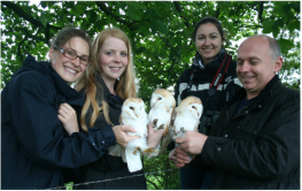
Postgraduate Students
Opportunities for postgraduate study with our Research Group and in the School of Biological and Biomedical Sciences are outlined here and below. PhD and MSc students in our group are usually funded by a combination of university scholarships and external grants. Our group meets once a week for lab meetings to provide feedback and foster a stimulating and collaborative environment. We are always seeking exceptionally motivated students for research opportunities within our group.
Opportunities for postgraduate study with our Research Group and in the School of Biological and Biomedical Sciences are outlined here and below. PhD and MSc students in our group are usually funded by a combination of university scholarships and external grants. Our group meets once a week for lab meetings to provide feedback and foster a stimulating and collaborative environment. We are always seeking exceptionally motivated students for research opportunities within our group.
Funding opportunity
- Graduates from Australia, The Bahamas, Brunei Darussalam, Canada, Cyprus, Malta, and New Zealand should be aware of the availability of Commonwealth Studentships. Get in touch if you want to work with CEG on areas of mutual interest.
Undergraduate Students
Information about undergraduate studies in the School of Biological and Biomedical Sciences can be found here.
|
Summer Placement Students - we occasionally take on highly motivated undergraduate students for independent projects or summer internships. For a look at previous projects see here.
|
|
African Field Ecology Course - To begin level 3, undergraduate students in the School of Biological and Biomedical Sciences can choose to go on a field course. Every year in September members of our Research Group teach an undergraduate field ecology course in South Africa. This course involves approximately 10 days of exceptional field studies at Mankwe Wildlife Reserve. Students have the opportunity to design small independent projects that investigate an aspect of savanna ecology or wildlife behaviour. This offers students hands-on field experience and teaches essential field techniques. Through this unique opportunity students gain knowledge and further appreciation for the ecology and conservation of savanna biodiversity.
|
More photos from the African Field Ecology Course can be found here.
|
Volunteers
We occasionally have projects appropriate for individuals and/or students who are interested in conducting collaborative research or fieldwork on a volunteer basis. Previous volunteer projects have included nest box monitoring around campus, fieldwork in Scotland and South Africa, and citizen science work around Durham. If you are interested in joining our research on a volunteer basis please contact a member of our group. For write-ups about previous and current volunteer projects click here.
Please contact a member of CEG if you have questions or are interested in joining our group.

